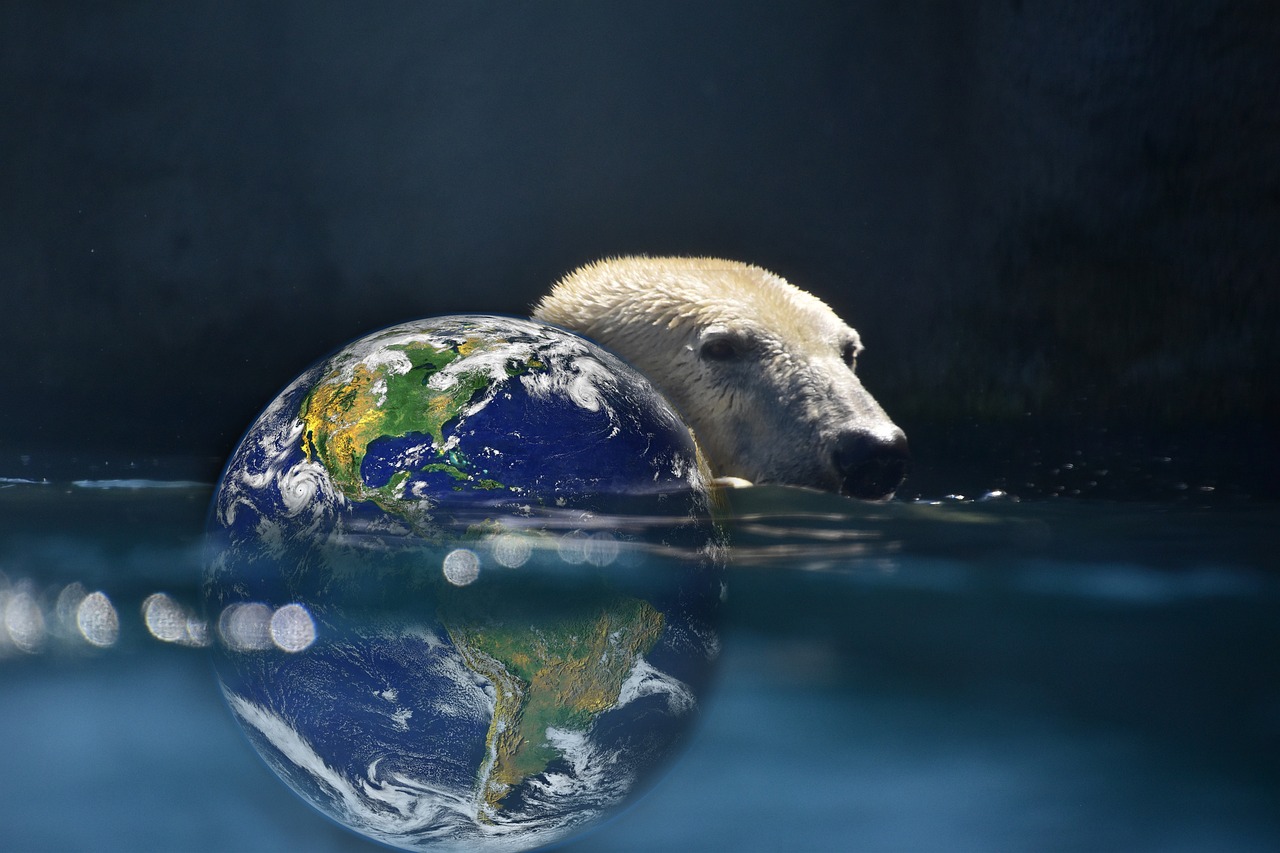Recent studies have uncovered the severe impacts of climate change on the fragile ecosystems of the Alps. This means less snow blanketing the mountains and causing plants to shift, posing a significant threat to the creatures inhabiting the region.
Researchers from the University of Manchester have found that these changes are disrupting the natural timing of important mountain activities, such as plant growth and the activities of tiny organisms in the soil.
Picture the mountains as a thermometer for climate change. They’re warming up faster than anywhere else, which is why this research is so concerning.
Each year, as snow melts in the spring, plants start growing and soaking up nutrients from the soil. Then, as autumn approaches and plants die off, they release those nutrients back into the soil. However, with less snow covering the ground during winter, things get out of sync. Snow typically keeps the soil warm enough for small organisms to thrive and for plants to survive. But with less snow, this delicate balance is disrupted.
Professor Michael Bahn from the University of Innsbruck stresses that losing winter snow is a big problem. It’s affecting how the Alps’ ecosystems work, which isn’t just worrying for locals but for everyone.
The research team, consisting of scientists from The University of Manchester, the University of Innsbruck, Helmholtz Zentrum München, and the Centre for Ecology and Hydrology, examined the situation in the Alps over an extended period. They discovered that climate change is interfering with the exchange of nutrients between plants and soil organisms, spelling trouble for the mountain environment.
Professor Richard Bardgett, who headed the study, highlights that this demonstrates how extensively climate change can disrupt mountain environments. It’s not just one issue causing trouble; it’s multiple factors occurring simultaneously, making it tough to predict what comes next.
Understanding how all these different changes interact is a complex task for scientists. While things like reduced snow or shifting plants may not seem significant individually, together, they can lead to major problems for the Alps’ ecosystems. This is something scientists are still striving to grasp.

